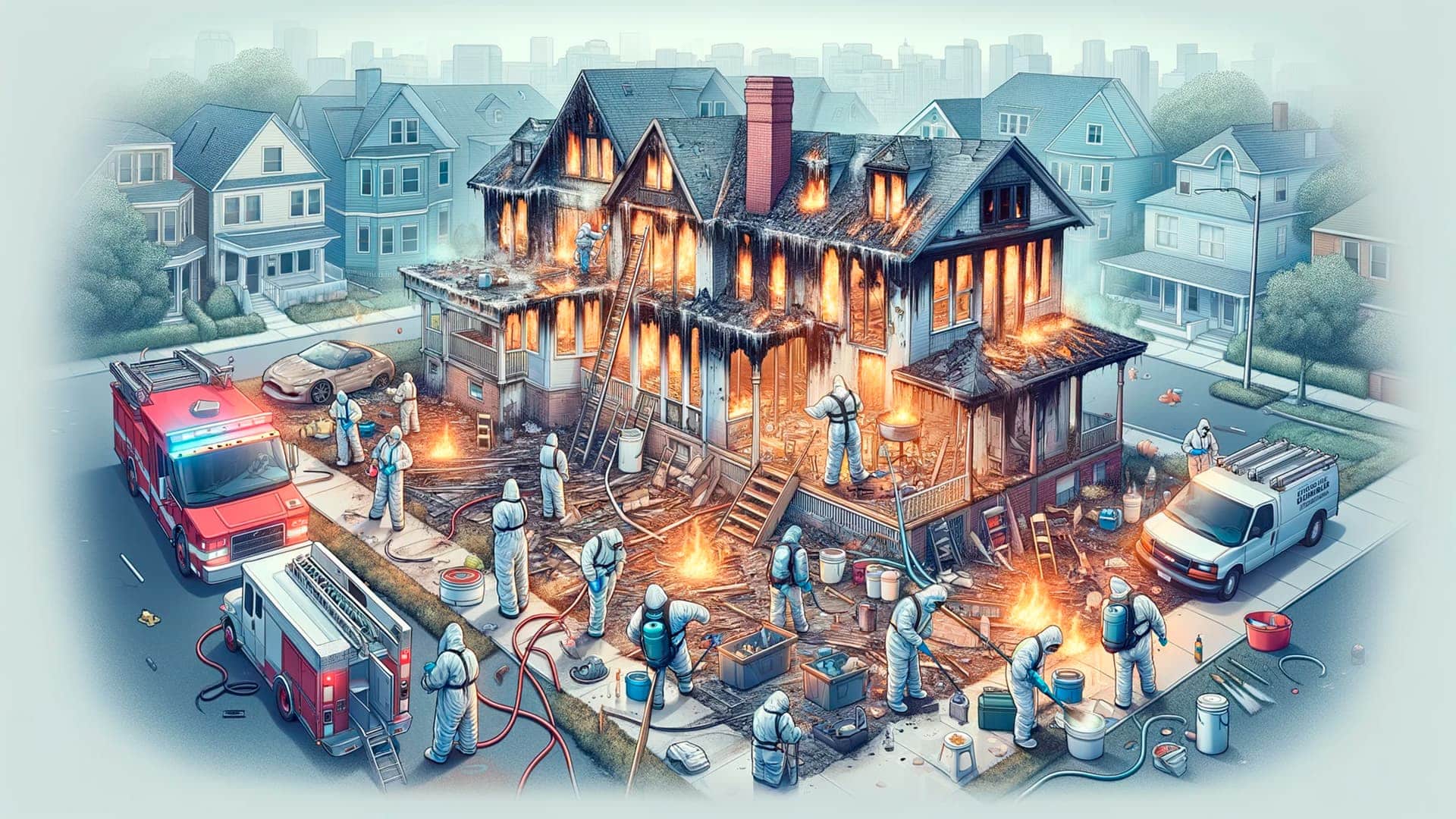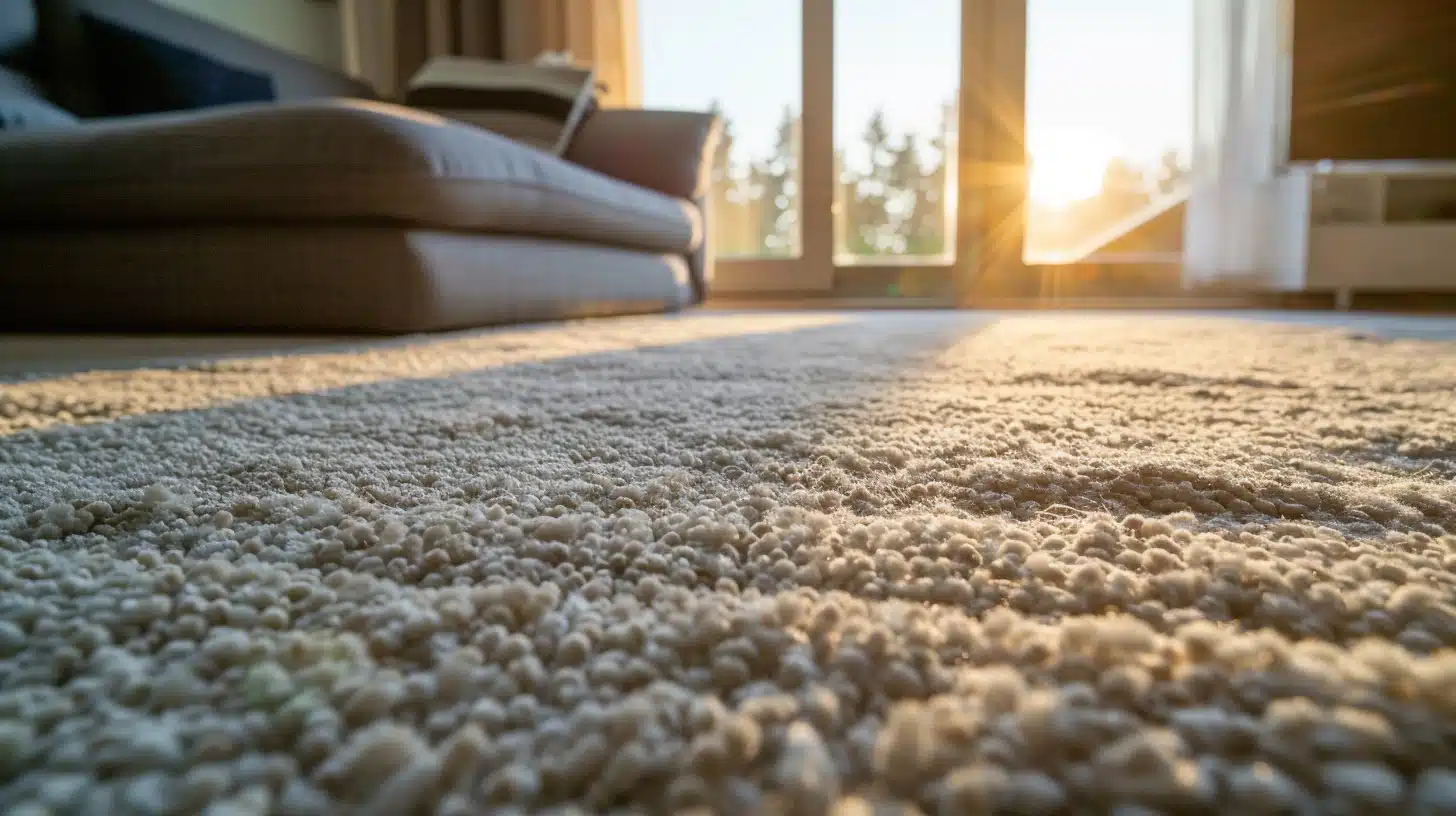How to Prevent Termite Infestations: 5 Tips from the Pros
When it comes to home maintenance, preventing termite infestations should be a top priority for every homeowner. Termites are notorious for causing extensive damage to structures, resulting in expensive repairs and headaches. While dealing with termite infestations can be challenging, the good news is that there are proactive steps you can take to prevent these destructive pests from invading your property.
In this article, we’ll provide you with five expert-backed tips to help you safeguard your home against termite infestations.
Regular Inspections are Key
The first line of defense against termite infestations is vigilance through regular inspections. Homeowners should conduct thorough checks at least once a year, paying close attention to potential entry points, moisture accumulation, and wood-to-soil contact areas. A professional termite inspection can also identify early signs of infestations that might be missed by untrained eyes. Timely detection can prevent significant damage and costly treatments down the line.
Maintain Proper Ventilation and Reduce Moisture
Termites thrive in environments where moisture is abundant. To deter them, ensure proper ventilation throughout your home and address any moisture issues promptly. Fix leaky pipes, maintain proper drainage around your property, and keep gutters clean to prevent water from accumulating near the foundation. Consider using dehumidifiers in damp areas like basements and crawl spaces to keep the humidity levels under control.
Create Physical Barriers
Physical barriers can be an effective preventive measure against termite infestations. Professionals often recommend creating a barrier between the soil and wooden structures using materials like crushed rock or metal mesh. This can deter termites from accessing your home’s foundation and gaining easy access to the building. Using treated wood or installing termite-resistant barriers during construction can also provide long-term protection.
Regularly Maintain Wooden Structures
Termites have a particular affinity for wood, making any wooden structure susceptible to infestation. Regular maintenance of wooden components in and around your home can significantly reduce the risk of termite problems. Keep an eye out for signs of deterioration, such as peeling paint, hollow-sounding wood, or small holes. Seal cracks and crevices in wooden structures and apply a protective finish to help repel termites.
Professional Pest Control Services
While DIY methods can be helpful, seeking assistance from professional pest control services is often the best approach to prevent termite infestations. Experienced exterminators have the expertise and tools to conduct thorough inspections, accurately identify termite species, and tailor treatment plans to your specific needs.
They can also provide ongoing monitoring to ensure your home remains termite-free. Investing in preventive pest control is not only a smart decision but also a potential cost-saving measure in the long run.
Does Homeowners Insurance Cover Termite Damages?
Many people ask – does homeowners insurance cover termite damage? A common misconception among homeowners is that their insurance policies cover termite damages. However, the reality is that most standard homeowners insurance policies do not include coverage for termite-related expenses. Insurance typically protects against sudden and accidental events, such as fires or storms, rather than issues that can be prevented through regular maintenance.
As termite infestations are often considered preventable, the responsibility of addressing the damage usually falls on the homeowner.
Conclusion
Preventing termite infestations requires a combination of vigilance, maintenance, and professional assistance. By following these five expert-backed tips, you can significantly reduce the risk of termites wreaking havoc on your home. Remember, regular inspections, moisture control, physical barriers, proper maintenance of wooden structures, and seeking professional pest control services are all crucial components of an effective termite prevention strategy.
While homeowners insurance might provide peace of mind for unexpected events, it’s important to note that termite damages are usually not covered. As a homeowner, it’s your responsibility to take proactive steps to protect your investment and ensure the long-term structural integrity of your property. By incorporating these preventive measures into your routine, you’ll be well-equipped to keep termites at bay and enjoy a termite-free home for years to come.







